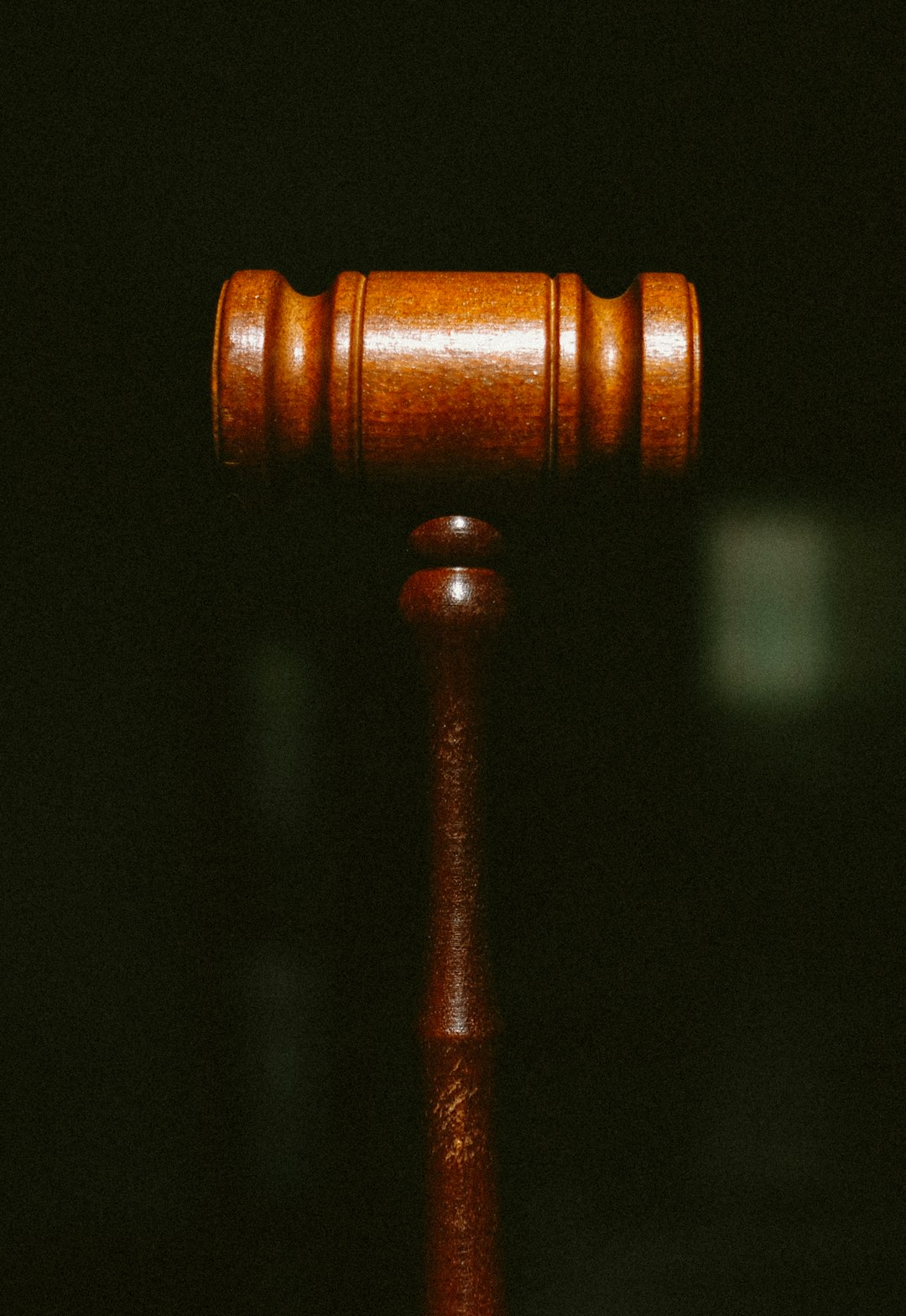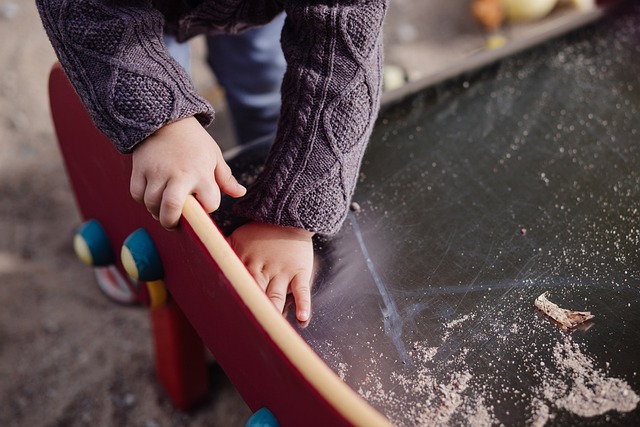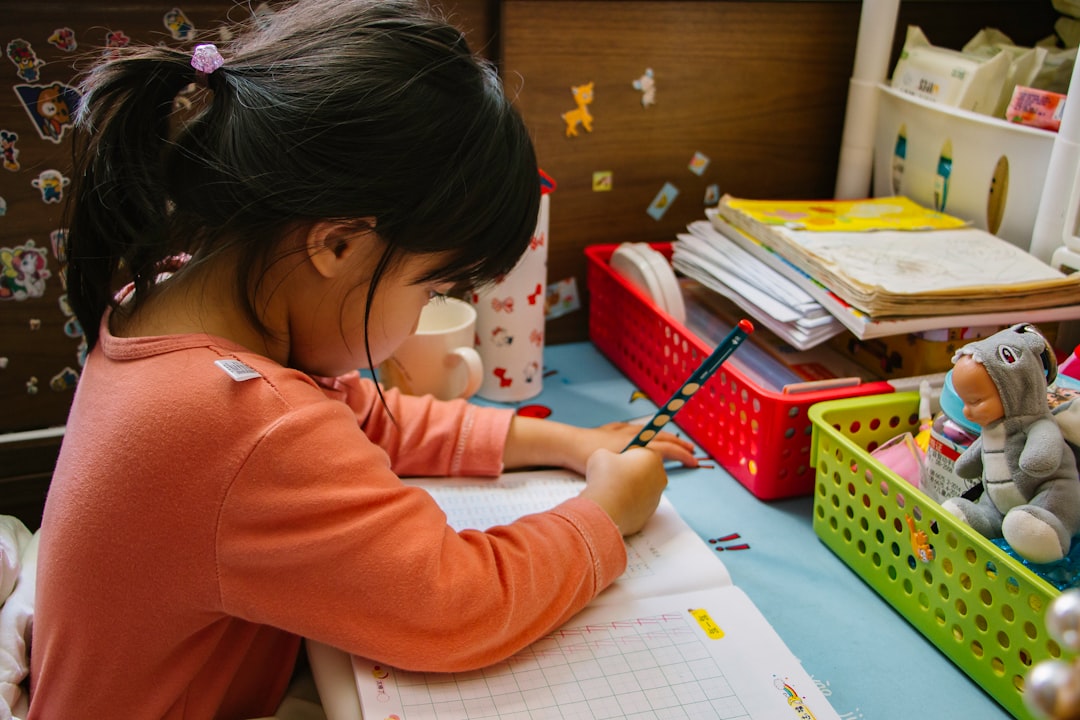In Illinois, strict childcare laws protect children from abuse and neglect in licensed facilities, with regulations covering physical, emotional, and sexual misconduct. Parents play a vital role by choosing reputable centers, staying informed, and reporting any suspected mistreatment immediately. Legal action is crucial; engaging a daycare abuse lawyer in Illinois offers guidance, ensures compliance, and provides support for parents seeking justice and compensation to prevent future tragedies.
In Illinois, understanding child care laws is crucial to protecting your child from potential abuse. This comprehensive guide delves into the state’s regulations aimed at ensuring safe daycare environments. We explore strategies for parents to report and prevent abuse, emphasizing the importance of vigilance. Additionally, we discuss the role of legal action in holding daycares accountable, providing insights for families seeking justice with the help of a daycare abuse lawyer in Illinois.
Understanding Illinois Laws Against Daycare Abuse

In Illinois, childcare laws are designed to protect children in licensed facilities from potential abuse and neglect. These laws establish strict guidelines for daycare centers, preschools, and in-home care providers to ensure a safe environment. Understanding these regulations is crucial for parents who trust third parties with their children’s well-being.
Any form of physical, emotional, or sexual abuse towards a child in a daycare setting is strictly prohibited. Illinois law mandates that caregivers receive proper training and adhere to specific protocols to prevent and report such incidents. Parents have the right to know about these laws and the steps they protect them and their children from potential harm. Engaging a daycare abuse lawyer in Illinois can provide guidance on ensuring compliance with these regulations and seeking justice if an incident occurs.
Reporting and Prevention Strategies for Parents

In Illinois, parents play a vital role in protecting their children from potential daycare abuse. If you suspect any form of mistreatment or neglect while your child is in daycare, it’s crucial to report it immediately. Contacting a licensed daycare abuse lawyer in Illinois is an essential step to ensure your concerns are taken seriously and appropriate legal actions are taken. The state has strict laws in place to prevent and address childcare abuse, including mandatory reporting requirements for caregivers and educators.
Preventive strategies include staying informed about the signs of daycare abuse, such as unexplained injuries or changes in behavior, and regularly communicating with your child’s caregivers. It’s also beneficial to choose a reputable daycare center that adheres to high safety standards and has transparent policies regarding staff-to-child ratios and background checks. By being proactive and aware, parents can contribute significantly to creating a safer environment for their children in Illinois daycares.
The Role of Legal Action in Holding Daycares Accountable

When it comes to protecting children in daycares, legal action plays a pivotal role in holding these facilities accountable for any instances of abuse or neglect. In Illinois, parents have the right to take legal action against daycares that fail to provide a safe environment for their children. Engaging a daycare abuse lawyer in Illinois is an essential step towards justice and ensuring such incidents don’t go unaddressed. These legal professionals are equipped to guide parents through complex laws and regulations, helping them understand their rights and the best course of action.
By taking legal recourse, parents can seek compensation for the harm caused to their children, as well as prevent similar tragedies from occurring in the future. Daycare abuse lawyers specialize in navigating the legal system and can effectively represent victims’ interests, ensuring that daycares are held liable for their actions or inactions. This not only protects children but also serves as a deterrent, encouraging daycares to maintain higher standards of care.






